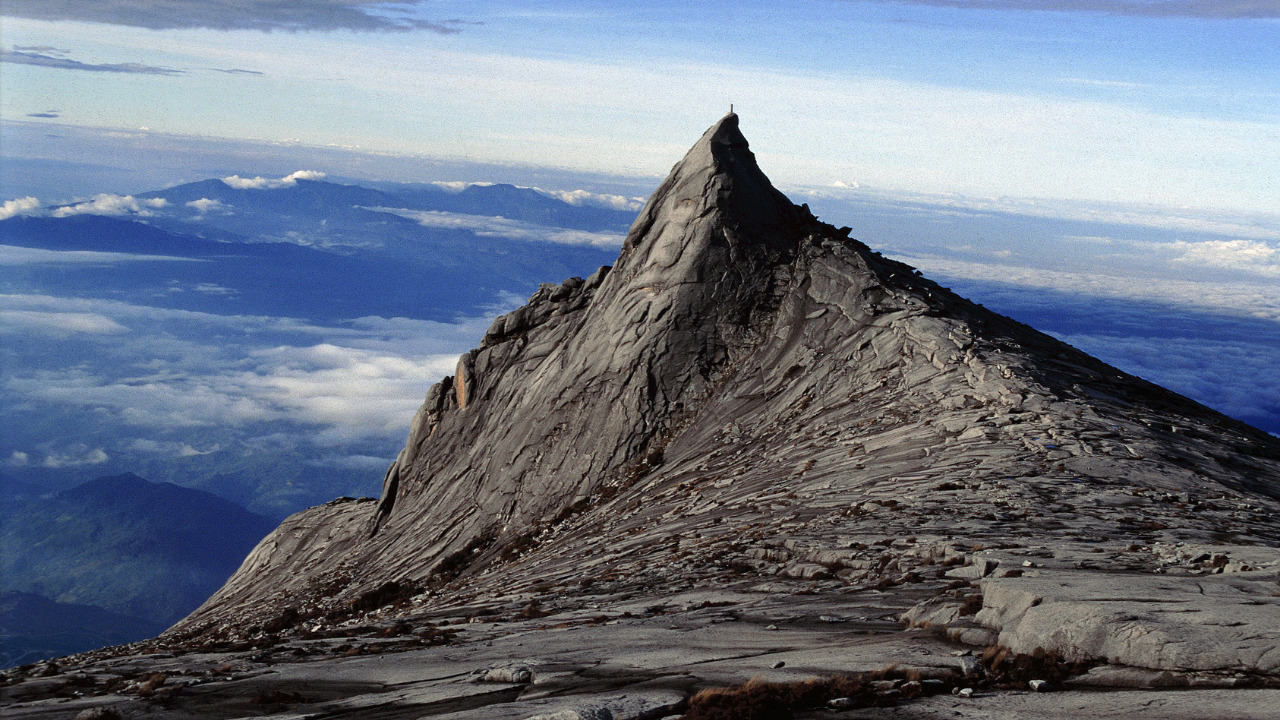Americas: Former US president Donald Trump set to face criminal charges
Sectors: all
Key Risks: political polarisation
In the United States, on 4 April former president Donald Trump is set to surrender to New York prosecutors. Trump, who is leading the race to become the Republican presidential nominee in 2024, faces criminal charges related to campaign finance violations over a payment to adult film actress Stormy Daniels. Trump is the first former US president to face criminal charges. He claims that the charges are politically motivated. The next few weeks could shape the 2024 election. The charges may help Trump secure the Republican presidential nomination, as leading Republicans have come out to publicly oppose the charges and are likely to soften their criticism of Trump as long as the process is ongoing. There is also a risk for increased political polarisation and even violence, as Trump is using the accusations to mobilise his base.
Asia Pacific: Indonesian President Joko Widodo mulls support for a 2024 grand alliance ticket
Sectors: all
Key Risks: political instability; government instability
In Indonesia, on 2 April President Joko Widodo met with five out of the seven party leaders within his governing coalition and mooted support for a possible grand alliance to nominate a unified ticket in the 2024 presidential election. While Widodo is term-limited, he remains a very popular figure and parties are keen to continue his policy agenda. The five parties are currently divided into two separate coalitions for the 2024 elections; the United Indonesia Coalition (KIB) and the Great Indonesia Awakening Coalition (KKIR). A possible merger will likely sideline Widodo’s own Indonesian Democratic Party of Struggle (PDIP) – the largest governing party who is able to independently pass the presidential nomination threshold. It suggests a further fraying of the governing coalition in the lead-up to the 2024 general elections and will likely renew speculation of an impending cabinet reshuffle in the near term.
Eurasia: Tensions over Ukrainian Orthodox Church risk protests in Kyiv
Sectors: all
Key risks: civil unrest
In Ukraine, on 2 April a court in Kyiv placed Metropolitan Pavel under house arrest, accusing him of justifying Moscow’s invasion. Metropolitan Pavel is the head of the Ukrainian Orthodox Church (UOC) which announced that it was breaking ties with the Russian Orthodox Church in May 2022 but has faced continued charges of being loyal to it. The arrest came after audio evidence emerged apparently showing Pavel praising Russia’s occupation of Kherson. It also came amid a standoff between the government and priests from the church who refused to vacate the Pechersk Lavra complex in Kyiv – the country’s holiest monastery – after the government ordered them to leave on 29 March due to alleged violations of their lease. The standoff has prompted limited protests in support of both parties and continued tensions around the church risk sparking further protests and unrest.
Europe: Bulgaria set for difficult coalition talks after 2 April elections
Sectors: all
Key Risks: political instability
In Bulgaria, on 2 April the fifth parliamentary election in two years failed to produce a clear winner, with the GERB party of former prime minister Boyko Borissov securing 26.5 per cent of the votes and the coalition of former prime minister Kiril Petkov’s We Continue the Change (PP) and the Democratic Bulgaria (DB) party gaining 24.6 per cent. The results indicate that there is a high risk that the parties will again fail to form a government, further prolonging the ongoing political crisis and increasing the chances of another snap election. Hopes emerged that GERB and PP could form a coalition. However, despite sharing the same foreign policy agenda, the parties have previously refused to collaborate as PP was established on an anti-graft platform reacting to corruption allegations against Borissov. Political instability is, therefore, likely to persist.
MENA: Saudi-led OPEC+ to make further output cuts
Sectors: all
Key Risks: economic
On 2 April Saudi Arabia and other OPEC+ countries announced a surprise production cut effective from May. The cuts are expected to amount to 1.15m bpd across the organisation with Riyadh’s contribution amounting to almost half of the reduced output. The move reflects recent OPEC+ policy to preempt projected downward economic trends as a precautionary measure. Analysts project the cuts will increase oil prices by around US$10 per barrel in 2023 and could lift the price of the barrel to US$100 in 2024. In October 2022 OPEC+ had already implemented production cuts in response to falling prices. The decision had significantly increased tensions between Riyadh and Washington – the latter arguing for lower prices to support economic growth and to limit Moscow’s oil revenues. Tensions will likely re-emerge as prices surged by 8 per cent since the announcement.
Sub-Saharan Africa: Kenyan opposition leader suspends protests scheduled for 3 and 6 April
Sectors: all
Key Risks: civil unrest; business disruption
In Kenya, on 2 April Raila Odinga – leader of the opposition Azimio la Umoja coalition – suspended the anti-government protests scheduled for 3 and 6 April. Odinga called off the protests several hours after President William Ruto urged the unrest to be halted. Odinga’s supporters have held countrywide anti-government protests since 20 March on Mondays and Thursdays. The protests have led to violent clashes between protesters and security forces in parts of Nairobi, Kisumu, Siaya and Homa Bay, looting, destruction of private property and business disruption. Three people have been killed and more than 400 have been injured since the unrest began. The opposition will hold talks with the government over electoral reform and means to reduce the high cost of living. Odinga warned that protests would resume should their demands not be met.

